Our Animal Shelters
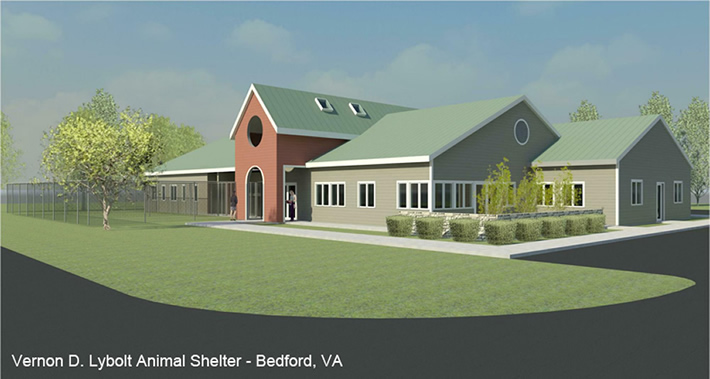
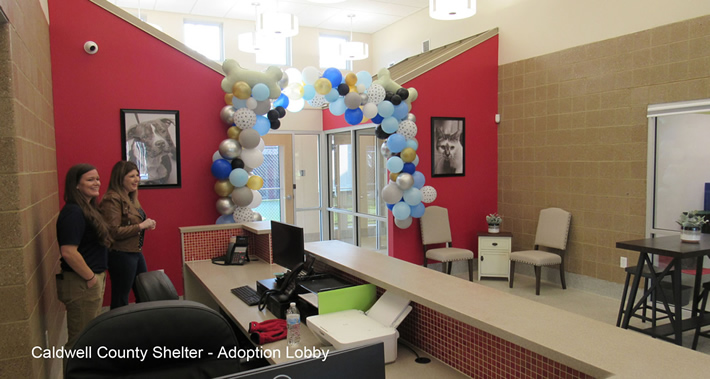
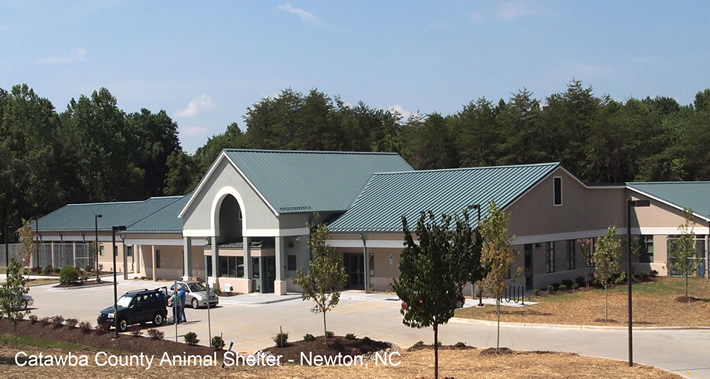
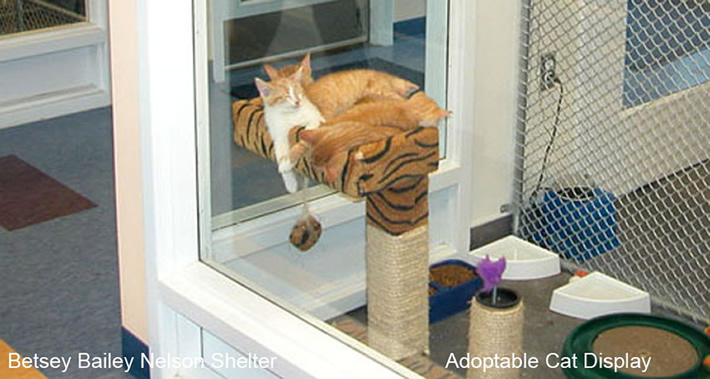
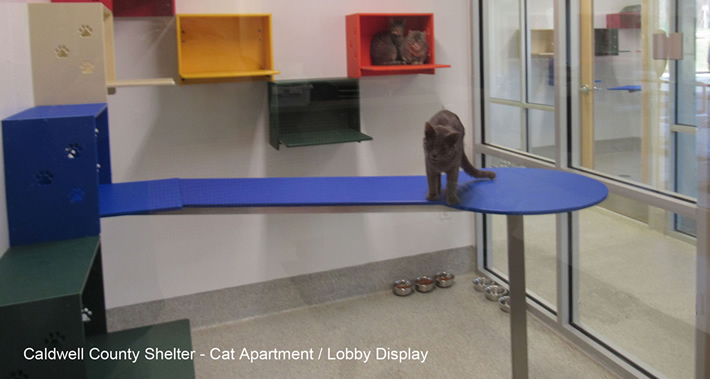
Welcome to ,shelterplanners.com leading experts in animal shelter design. We understand the importance of creating safe and comfortable spaces for animals to reside in while they wait for their forever homes. Our team of experienced architects and designers endeavour to incorporate functionality, aesthetics, and sustainability into every animal shelter design project we undertake. In this article, we will explore in depth the process behind creating an animal shelter design that meets your specific needs.
Animal Shelter Design Process
A typical animal shelter design involves a range of factors that must be considered to create an ideal environment for the animals and the people who care for them. At shelterplanners.com, our process involves close collaboration with our clients to identify their “mission” and primary objectives to positively develop the most optimal solutions. Here are the steps involved in our animal shelter design process:
Client Consultations: Our initial consultation with clients is focused on identifying their specific needs and goals for their animal shelter design. This initial step in the process provides us with valuable insight into your requirements for the design, including your “mission” and operational approach, the number of animals that will be housed, the composition of the animals, the desired approaches to housing and more. We are expert at analysing sheltering need in your community and developing a comprehensive needs assessment that describes in detail the many spaces you will need to house, support and ultimately adopt the animals in the shelter’s care.
Site Analysis: The next step is analysing the site, or potential sites, and assessing suitability to support the size of the animal shelter identified in our analysis. Factors such as zoning, natural lighting, accessibility to the site as well as utilities, and topography are analysed to ensure that the site's characteristics will fully support your shelter.
Conceptual Design: Once we have a clear understanding of the sheltering need and have conducted the necessary site analysis, we develop a conceptual design. The concept design provides you with a visual representation of the proposed animal shelter design. The concept design can be used to enhance your fundraising campaign and provide stakeholders and the public with a clear understanding of your planning.
Design Development: Based on your feedback and additional input from our design team, we refine the conceptual design to develop a detailed, technical design. This step includes incorporating recommendations from animal welfare experts, such as proper ventilation, creating separate areas for different species as well as areas for isolation and observation, optimizing support facilities that work with your operational approach.
Construction Documents: Our technical animal shelter design is translated into construction drawings and specifications particular to animal shelters, which provide detailed instructions for construction . These drawings cover critical aspects of the design, including electrical, heating/cooling & ventilation, and plumbing systems, structural requirements, and building specifications.
Construction Administration: Our professional team provides construction administration services during the construction process to ensure that every detail of the animal shelter design is correctly implemented.
Animal Shelter Design Considerations
Shelterplanners.com understands that each animal shelter project is unique and requires specific design considerations in order to meet your mission and approach. Here are some of the critical design considerations that we consider when developing an animal shelter design:
Space Planning: We take into account the number of animals that will be housed and the required living space for each one. Our team also places great emphasis on creating functional spaces for shelter employees to perform necessary duties such as feeding animals, cleaning cages, and providing bedding.
Health and Safety: The health and safety of animals and humans are paramount in animal shelter design. We incorporate safety features such as proper ventilation, critical positive pressurization of healthy animal spaces, secure entrances and exits, and integration of natural lighting to ensure a safe, disease preventive, healthy environment.
Adoptions Spaces: Creating the right number of dedicated spaces for adoptions provides a more comfortable and inviting environment for potential adopters and aids in increasing adoption rates. The design of these spacesfollows a “retail” model of display enhancing potential adopters’ ability to gain insight into each animal’s personality.
Durability: Animal shelters must be designed and constructed to withstand prolonged use and high traffic. Our team uses state of the art durable materials and construction methods to ensure the animal shelter design is long-lasting and resilient, providing a healthy safe and supportive environment.
Animal Shelter Building Design
The building design of an animal shelter plays a crucial role in ensuring the safety, well-being, and ultimate adoption of the animals within it. The building design must support the day-to-day operations of the shelter both for the employees and the animals. Here are some design elements that we consider during our building designs:
Material Selection: Materials selected for an animal shelter need to be durable, easily cleaned and sanitized and must stand up to the impact of the animals' inside. We ensure that potential hazards, such as sharp edges or toxic materials, are avoided.
Proper Ventilation and Pressurization: Proper ventilation ensures that there is a constant flow of fresh air throughout the building. Careful design of the heating and cooling systems separates species and negatively pressurizes areas housing sick animals to prevent air borne transfer of disease to healthy animals. This mitigates the spread of harmful elements such as toxins and infectious diseases. It also helps to regulate temperature and humidity levels.
Natural Lighting: Natural lighting not only creates an inviting environment for animals, but it also helps regulate their internal body clock, positively impacting their emotional and physical well-being.
Job Efficiency: Designing a space that allows employees to perform their jobs efficiently by providing well-planned pathways, making it easier to move animals between medical areas, and facilitating safe and effective cleaning practices.
Animal Shelter Designs
Here at shelterplanners.com, we have extensive experience designing animal shelters across the country. We specialize in designing functional, safe, and sustainable animal shelter designs that cater to the specific needs of our clients. Our team is committed to championing animal welfare in everything we do.



